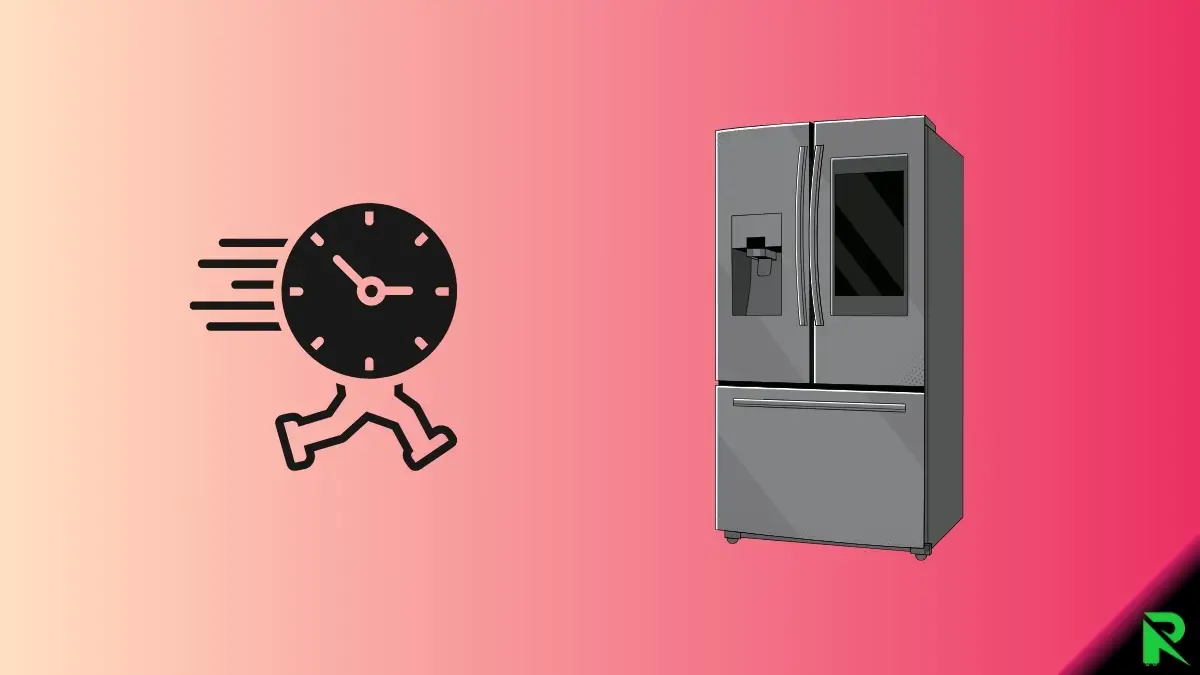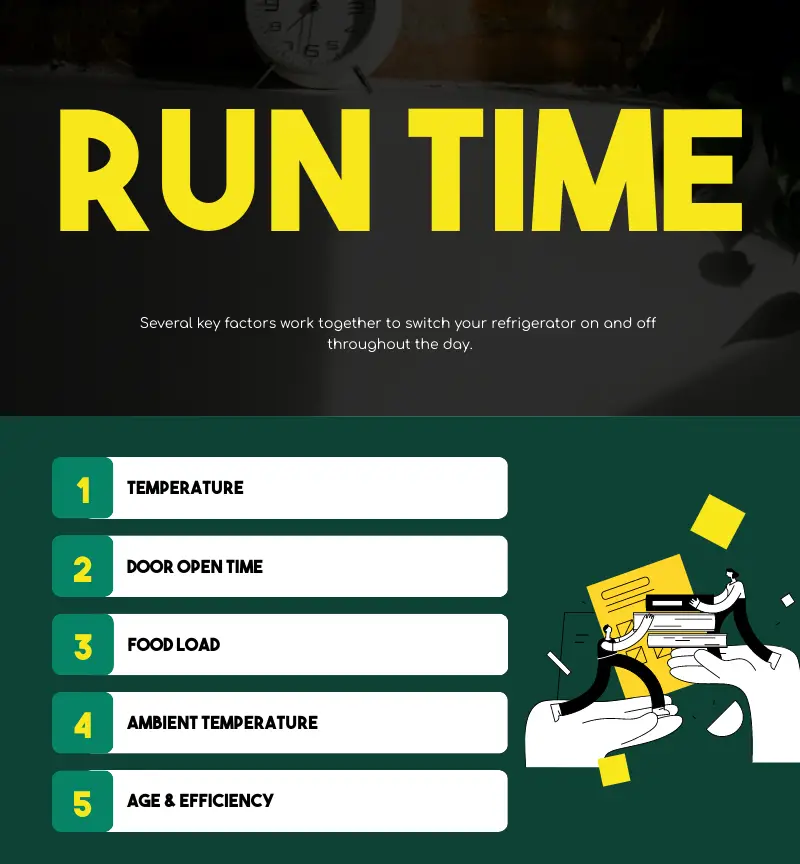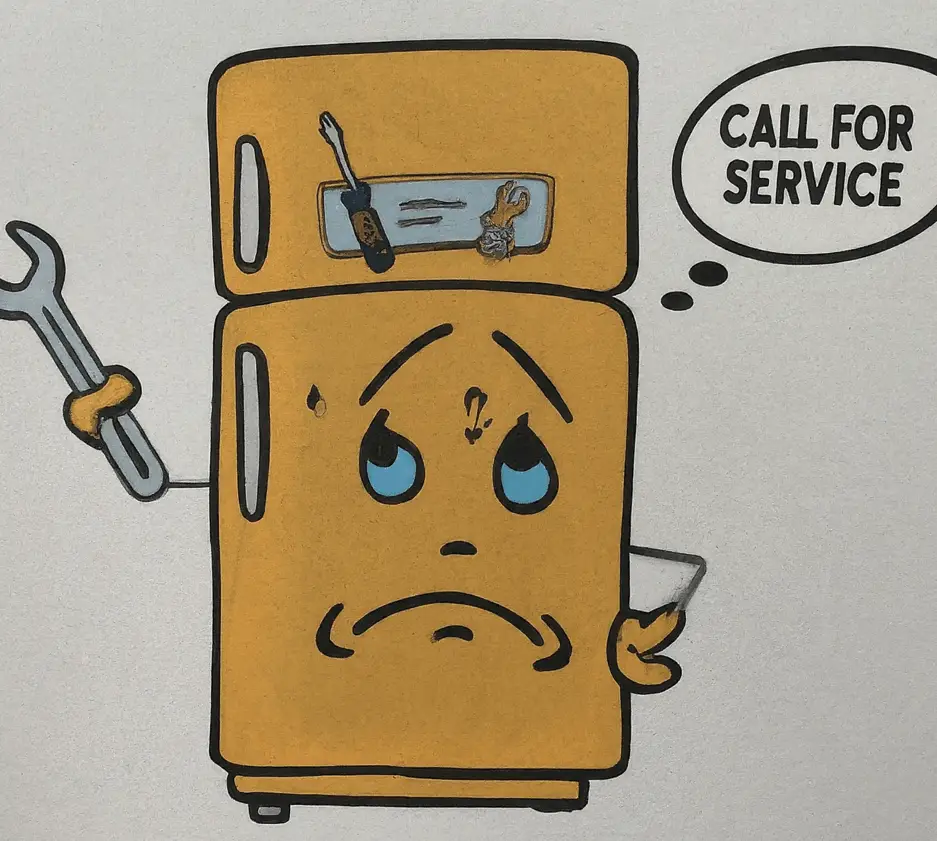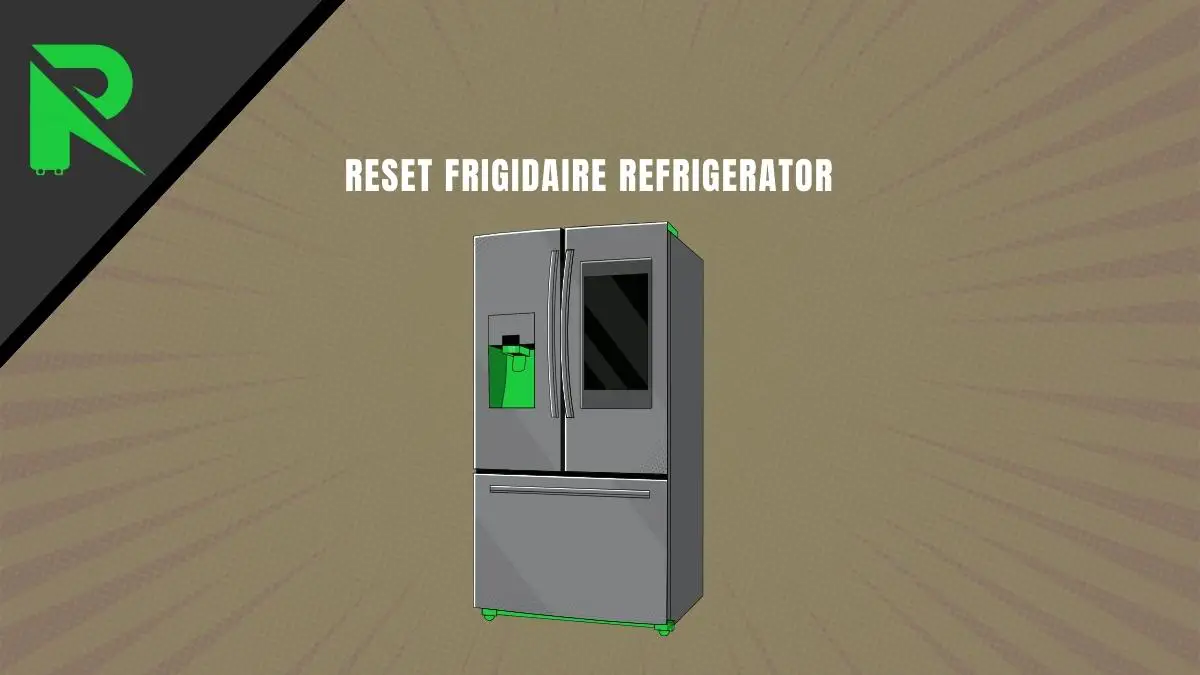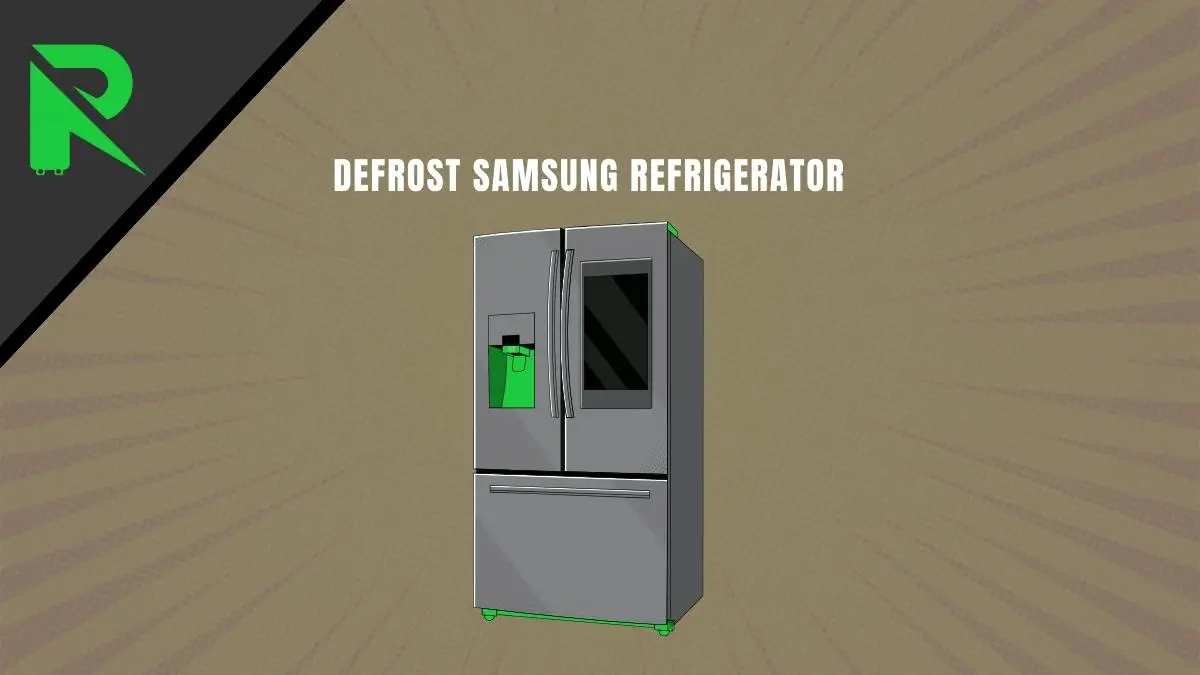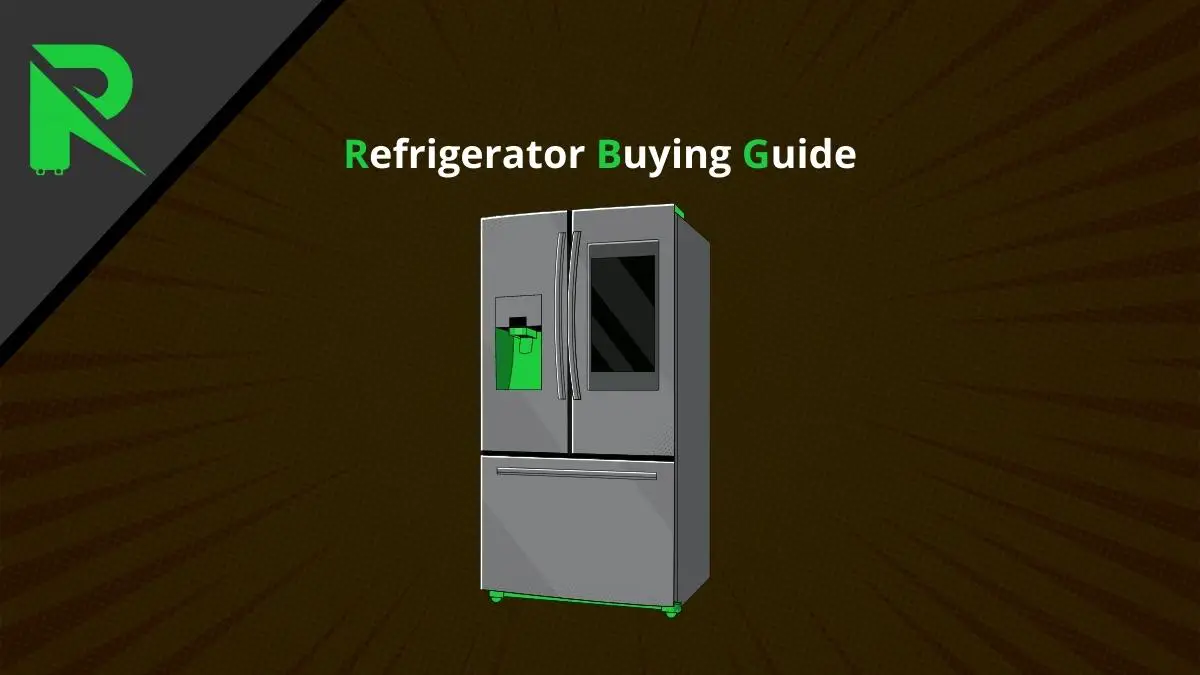Your refrigerator is one of the most used appliances in your home. You rely on it to keep foods fresh and prevent spoilage. But have you ever wondered how often your refrigerator should run? Knowing what’s normal can help you spot potential problems. In this article, we’ll break down the key factors that impact refrigerator run times and help you understand what’s considered average.
What Determines Run Time?
Several key factors work together to switch your refrigerator on and off throughout the day. These include:
- Temperature Setting – The colder you set your fridge, the longer it needs to run to maintain that temperature.
- Ambient Temperature – Warmer room temperatures will force your fridge to work harder to chill. Humidity can also affect run times.
- Age & Efficiency – Older, less efficient models tend to have longer run times. New ENERGY STAR fridges use less energy to operate.
- Door Openings – The more the doors are opened, the more cold air escapes and needs to be replaced.
- Food Load – Large grocery loads, big holiday meals, and hot fresh foods add heat that your fridge must counteract.
Typical Run Time Patterns
Most standard refrigerators in temperate environments run 40-50% of the time. Here are some general run time benchmarks:
- Cycle on for 20-30 continuous minutes
- Cycle off for 90-120 continuous minutes
- Run time may be longer in hot, humid climates
- Run time may be shorter in cooler climates
During normal conditions, the refrigerator should turn on and off regularly to maintain interior temperatures.
Signs of Potential Problems
Abnormal run times can indicate underlying problems with your unit:
- Running Constantly – This likely signals an issue if it rarely shuts off.
- Warm Temperatures – If interior temps are warm even when running often, cooling issues may occur.
- Excess Moisture – This could mean a door seal lets out cool, dry air, replaced by warmer, humid air when it is off.
- Increased Energy Bills – Spikes can indicate longer run times.
What Causes Abnormal Run Times?
Some common causes of overly long or short cycle times include:
- Faulty Door Seals or Closure – Cool air leaks if seals are degraded or the door is askew.
- Iced-Up Evaporator Coils – Thick ice buildup prevents proper heat transfer and circulation.
- Clogged Condenser Coils – Blocked coils prevent fast cooling.
- Refrigerant Leaks – Low refrigerant equals limited cooling capacity.
- Electrical Issues – Problems with components like the compressor, fans, thermostat, and wiring can impact function.
When to Call for Service
If you’ve noticed longer run times, increasing electricity costs, excessive moisture, or warm interior air, don’t hesitate to call an appliance repair technician. A diagnostic test can reveal issues; early repairs may be cheaper than replacing the entire fridge. Consider replacement if your unit is outdated or the cost of fixing older units exceeds newer replacement options.
Paying attention to your refrigerator’s run time patterns can help you spot problems early and better maintain this critical appliance. If you notice significant changes, consult a professional to understand the causes and remedy potential performance issues.
